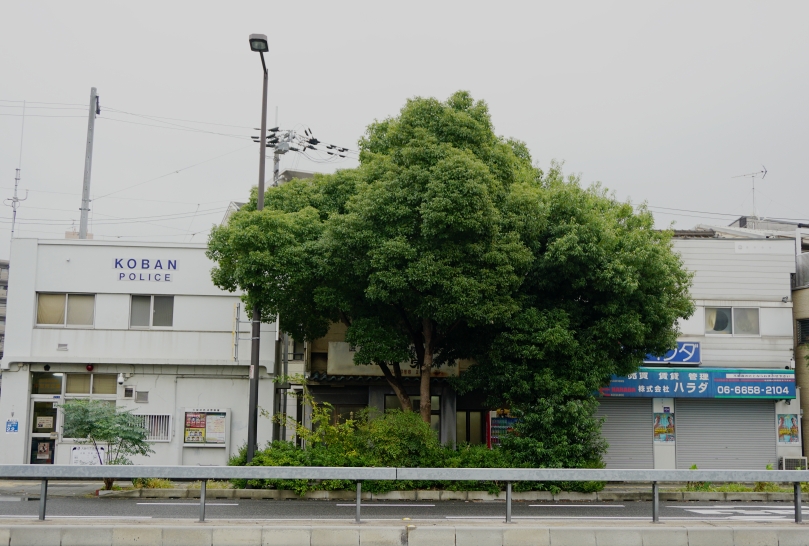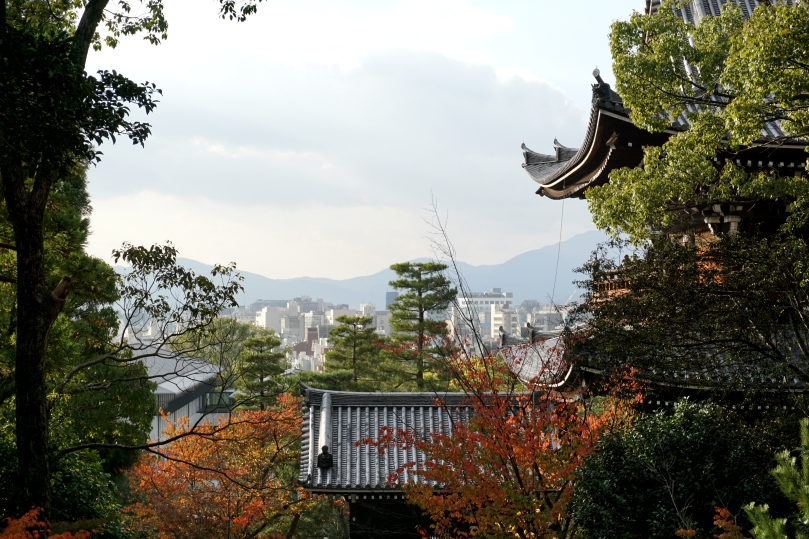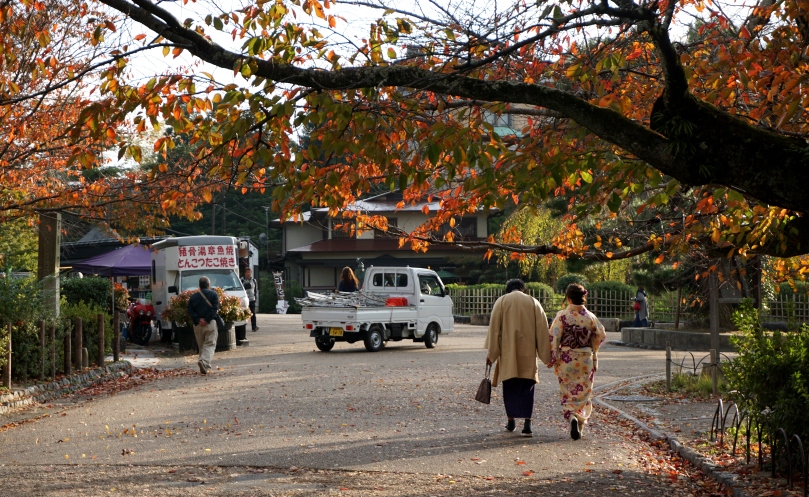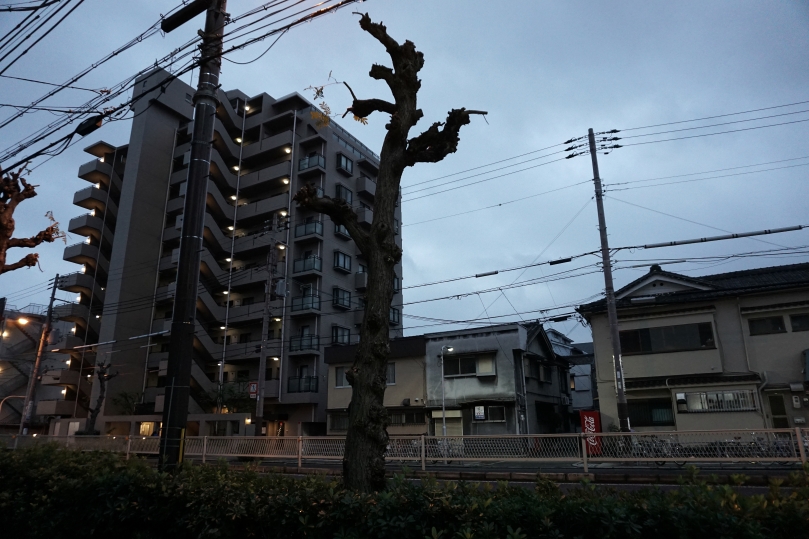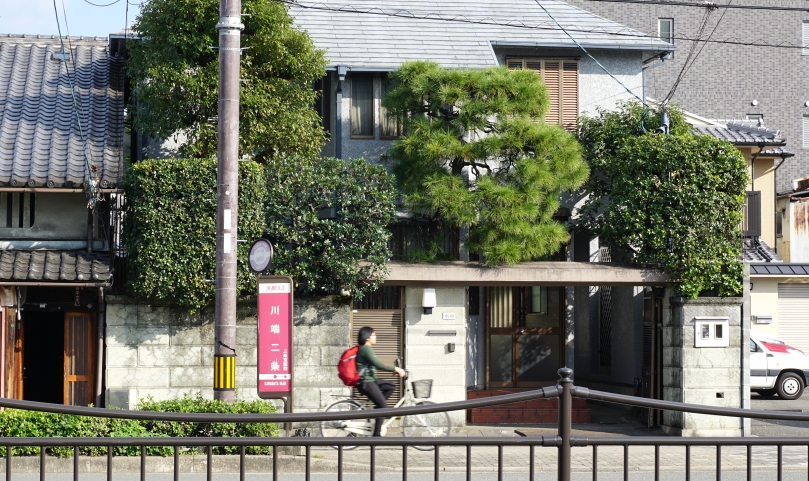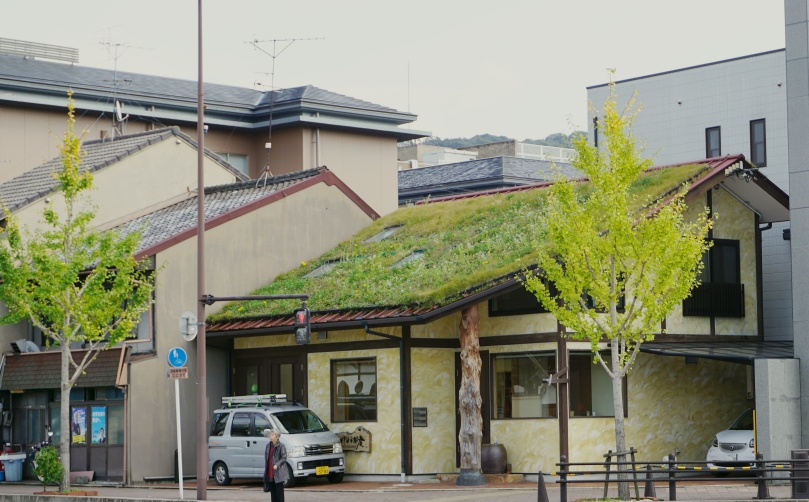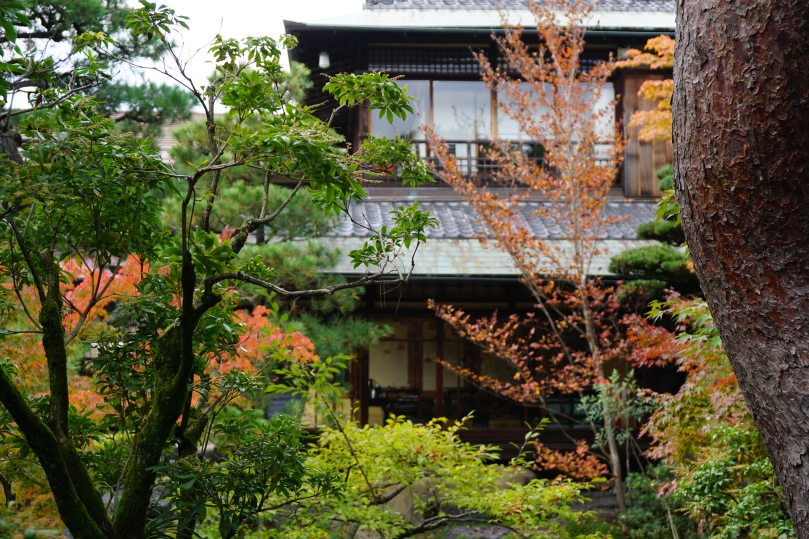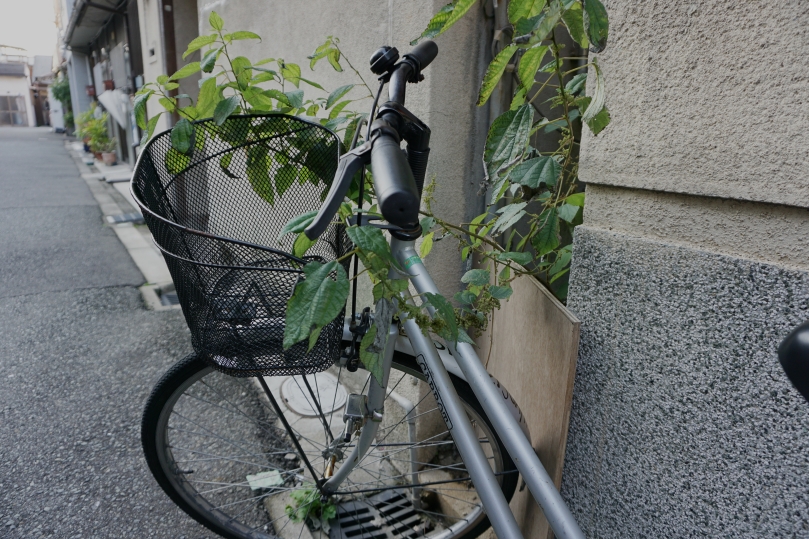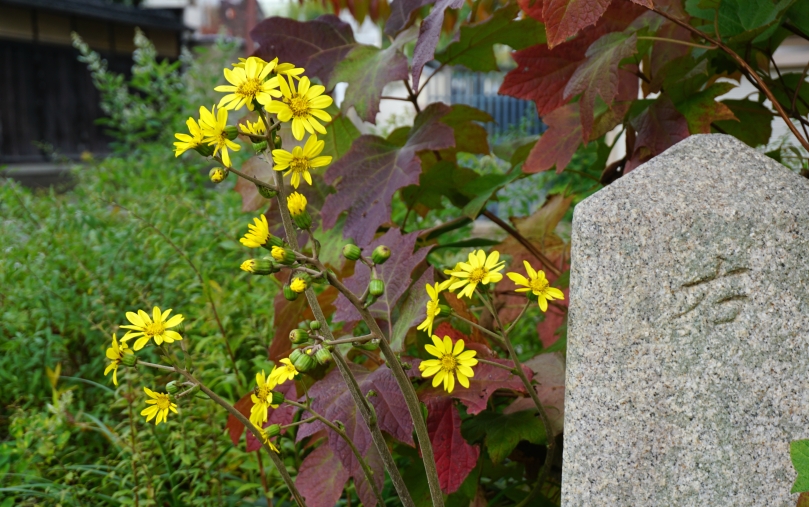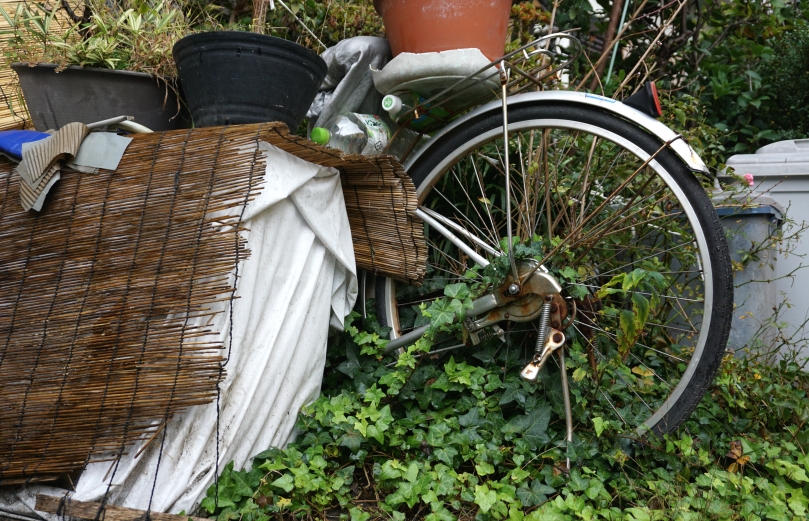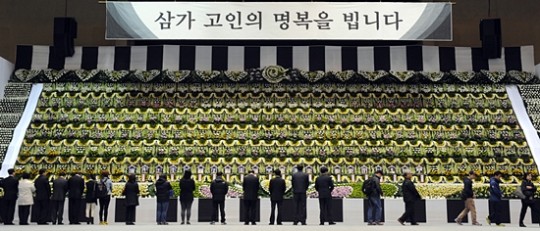A couple weeks ago, I went to watch Coco. I had been putting it off for ages but finally went to Hongdae, which was one of the few locations that was still screening the movie. I stopped by the women’s bathroom after the movie and was standing in line when two people came into the bathroom. One of them took a look at me and my friend (both of us short-haired, wearing black varsity jackets and jeans) then said out loud: “여기 여자 화장실인데 남자들이 줄 서있네 / This is the women’s restroom, but there are men standing in line.”
I’ll be honest that I was a bit unprepared. In my year and a half living in Korea, I have never had a 20-something-year old comment on my gender so publicly. Usually, it’s older women who jump at the sight of me entering the bathroom or come over to kindly let me know that it is the women’s restroom. I have my line prepared for those incidents. Yes, I know. I’m in the right place, or I’m not a man. Not all people who have short hair are men. Younger people usually don’t even give me a second glance, but I guess there’s a first time for everything.
I immediately whipped around when the person behind me commented on our gender. Their voice was still ringing in my ear, but I heard myself saying to them, “말 조심하세요. / Watch what you’re saying.” Then I faced forward and just silently waited in line. I beat myself up about being unable to come up with a better line, but later on the way out, the same person came over to apologize and wished me a happy lunar new year. It was such a weird experience.

***
Over the holidays, I was reading a collection of interviews published by a Korean non-binary group called 여행자 / Voyagers, where people talked about how gender is inscribed into different aspects of languages. For example, 1st person pronouns are gendered in Japanese (私 – watashi, used by women; 僕 – boku, used by men) whereas 3rd person pronouns are gendered in English (he/she/they). Korean is a bit different in that 1st and 3rd person pronouns can be gender neutral, meaning that I don’t usually have to think about my own gender or reveal my friends/partners’ genders in casual conversation. I usually say “the person / 그분” or “that friend / 그 친구,” which doesn’t sound unnatural. But in Korean, 2nd person pronouns are gendered, and the writers of the booklet talk about how the gendering of 2nd person pronouns feels the worst because it simultaneously genders themselves as well as the listener. For the writers, people using the wrong 3rd person pronouns feels less bothersome because the language to acknowledge the existence of non-binary people simply doesn’t exist in the Korean language, but calling someone “unnie / older sister of a woman” or “oppa / older brother of a woman” with their own mouths causes internal conflict and feels like an active erasure of self every time they speak (side note: I think this is completely subjective. As an English speaker, I think 3rd person pronouns being gendered is the most difficult because I have to speak up and actually correct people when they say it incorrectly).
***
I recently came across a web magazine launched by two queer Korean women called Tone for Two on a crowdfunding site that I frequent. Below is an introduction from their fundraising site:
TONE FOR TWO는 치마보단 바지, 블라우스보단 셔츠를 즐겨 입는 여성, 퀴어 그리고 당신을 위한 패션&라이프 스타일 매거진입니다. 2명의 퀴어 여성으로 구성된 톤포투 팀은 퀴어이자 여성으로 살아오며 느꼈던 불편함과 문제점을 아티클에 담아내고자 합니다. 이에 2018년 1월, 4개의 아티클로 구성된 첫 번째 톤을 발간하였고 돌아오는 3월, 두 번째 톤을 선보이기 위해 준비 중에 있습니다.
TONE FOR TWO is a fashion and lifestyle magazine for women who prefer pants over skirts or button downs over blouses, queer folks, and people like you. Started by two queer women, Tone for Two seeks to write about the discomfort and struggles of living as queer women. The first “tone” comprised of four articles was published in January 2018, and in March 2018, the second “tone” is in the works.
They have interviews with short-haired people and a list of hair salons that will not harass you for the haircut that you’re getting. But what caught my eye was a still of their fundraising video, a photo of a short-haired person taken from the back and the words, “착각하지 마세요. 여자 맞으니까. / Don’t mistake me [for a man]. Yes, I am a woman.”
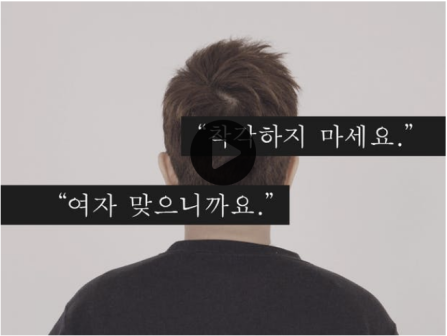
I really like the phrase that Tone for Two features in their video. It sounds the perfect mix of sassy and concise, not too rude but also biting–as if you should smirk and add a slight eye roll when you say it. I thought of using it myself but decided against it. I’m pretty flexible with pronouns and being referred to as someone’s “daughter” or “unnie, noona / older sister,” but it does feel different when I declare I am a woman out loud with my own mouth. I think I understand “daughter” or “unnie, noona / older sister” moreso as roles I play rather than a statement about my gender.
Browsing through new feminism sites like Tone for Two makes me think about these moments of hesitation that I face in the bathroom. What I’m supposed to say, why I have to tell them my gender in order to use this facility, and what my hair has to do with something so internal and tumultuous as my own gender. I support the online magazine and the conversations that they are starting because gender policing also exists for cisgender people, but also a part of me hopes that we will be able to move on from the common Korean feminist narrative of “liberated short-haired women” and delve into deeper, more complicated questions about gender that lies behind and beyond the pixie cut.
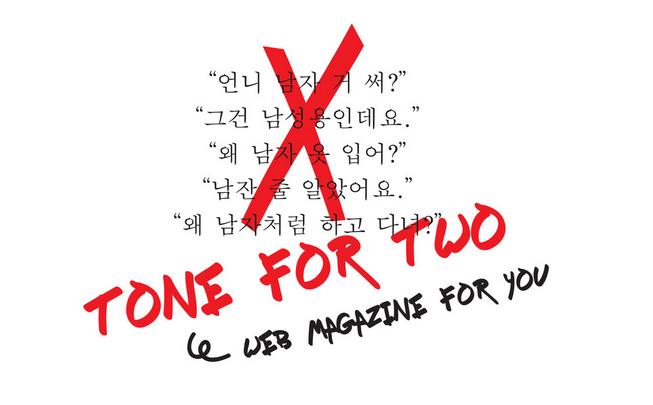


 Muslims of South Korea
Muslims of South Korea


